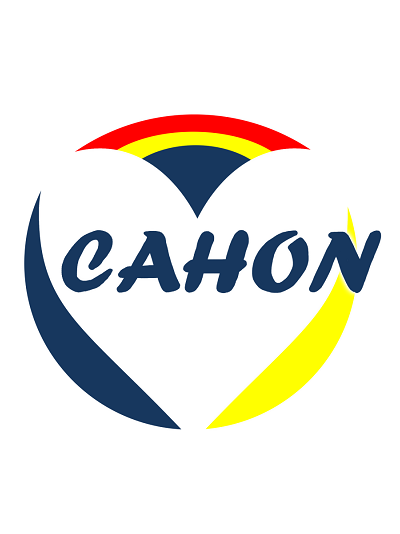Lipid-based nanosystems: the next generation of cancer immune therapy
IF 29.5
1区 医学
Q1 HEMATOLOGY
引用次数: 0
Abstract
Immunotherapy has become an important part of the oncotherapy arsenal. Its applicability in various cancer types is impressive, as well as its use of endogenous mechanisms to achieve desired ends. However, off-target or on-target-off-tumor toxicity, limited activity, lack of control in combination treatments and, especially for solid tumors, low local accumulation, have collectively limited clinical use thereof. These limitations are partially alleviated by delivery systems. Lipid-based nanoparticles (NPs) have emerged as revolutionary carriers due to favorable physicochemical characteristics, with specific applications and strengths particularly useful in immunotherapeutic agent delivery. The aim of this review is to highlight the challenges faced by immunotherapy and how lipid-based NPs have been, and may be further utilized to address such challenges. We discuss recent fundamental and clinical applications of NPs in a range of areas and provide a detailed discussion of the main obstacles in immune checkpoint inhibition therapies, adoptive cellular therapies, and cytokine therapies. We highlight how lipid-based nanosystems could address these through either delivery, direct modulation of the immune system, or targeting of the immunosuppressive tumor microenvironment. We explore advanced and emerging liposomal and lipid nanoparticle (LNP) systems for nucleic acid delivery, intrinsic and extrinsic stimulus-responsive formulations, and biomimetic lipid-based nanosystems in immunotherapy. Finally, we discuss the key challenges relating to the clinical use of lipid-based NP immunotherapies, suggesting future research directions for the near term to realize the potential of these innovative lipid-based nanosystems, as they become the crucial steppingstone towards the necessary enhancement of the efficacy of immunotherapy.脂基纳米系统:新一代癌症免疫疗法
免疫疗法已成为肿瘤疗法的重要组成部分。它在各种癌症类型中的适用性以及利用内源性机制达到预期目的的能力令人印象深刻。然而,靶点外或靶点上的肿瘤毒性、有限的活性、联合治疗中缺乏控制,尤其是对实体瘤而言,局部蓄积量低,这些因素共同限制了免疫疗法在临床上的应用。这些限制可通过递送系统得到部分缓解。基于脂质的纳米颗粒(NPs)因其良好的理化特性而成为革命性的载体,在免疫治疗药物递送方面具有特殊的应用和优势。本综述旨在强调免疫疗法所面临的挑战,以及如何利用脂质 NPs 来应对这些挑战。我们讨论了 NPs 最近在一系列领域中的基础和临床应用,并详细讨论了免疫检查点抑制疗法、收养细胞疗法和细胞因子疗法中的主要障碍。我们强调了脂质纳米系统如何通过递送、直接调节免疫系统或靶向免疫抑制性肿瘤微环境来解决这些问题。我们探讨了用于核酸递送的先进和新兴脂质体和脂质纳米粒子(LNP)系统、内在和外在刺激响应制剂以及免疫疗法中的仿生脂质纳米系统。最后,我们讨论了与脂基 NP 免疫疗法的临床应用有关的主要挑战,并提出了近期的研究方向,以发挥这些创新脂基纳米系统的潜力,因为它们已成为提高免疫疗法疗效的重要基石。
本文章由计算机程序翻译,如有差异,请以英文原文为准。
求助全文
约1分钟内获得全文
求助全文
来源期刊
CiteScore
48.10
自引率
2.10%
发文量
169
审稿时长
6-12 weeks
期刊介绍:
The Journal of Hematology & Oncology, an open-access journal, publishes high-quality research covering all aspects of hematology and oncology, including reviews and research highlights on "hot topics" by leading experts.
Given the close relationship and rapid evolution of hematology and oncology, the journal aims to meet the demand for a dedicated platform for publishing discoveries from both fields. It serves as an international platform for sharing laboratory and clinical findings among laboratory scientists, physician scientists, hematologists, and oncologists in an open-access format. With a rapid turnaround time from submission to publication, the journal facilitates real-time sharing of knowledge and new successes.

 求助内容:
求助内容: 应助结果提醒方式:
应助结果提醒方式:


